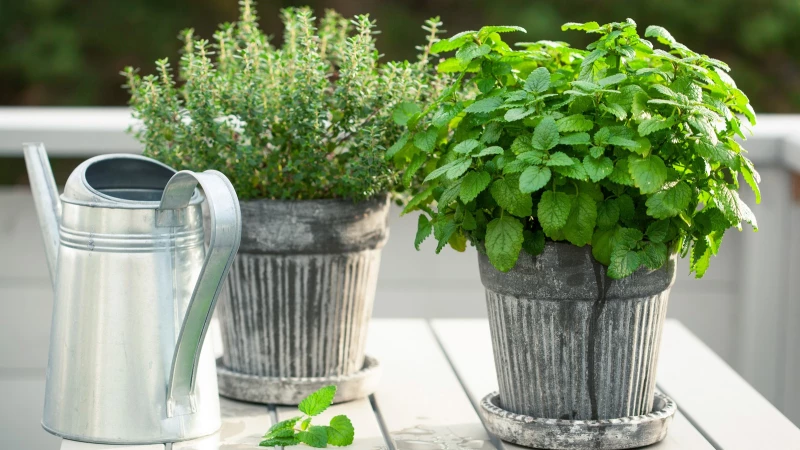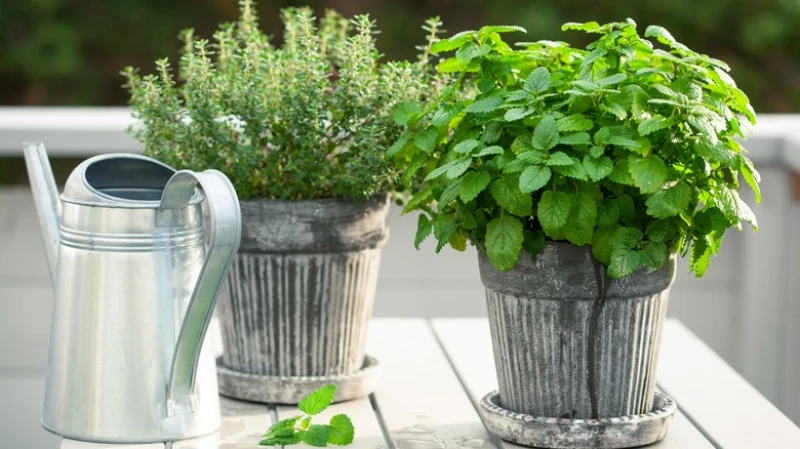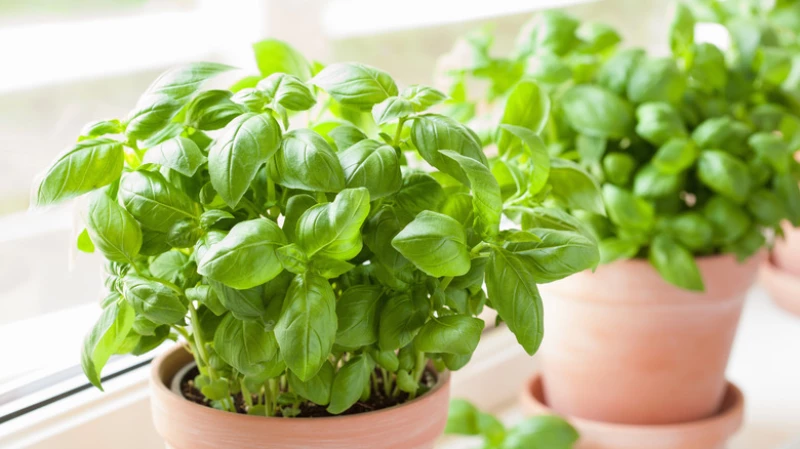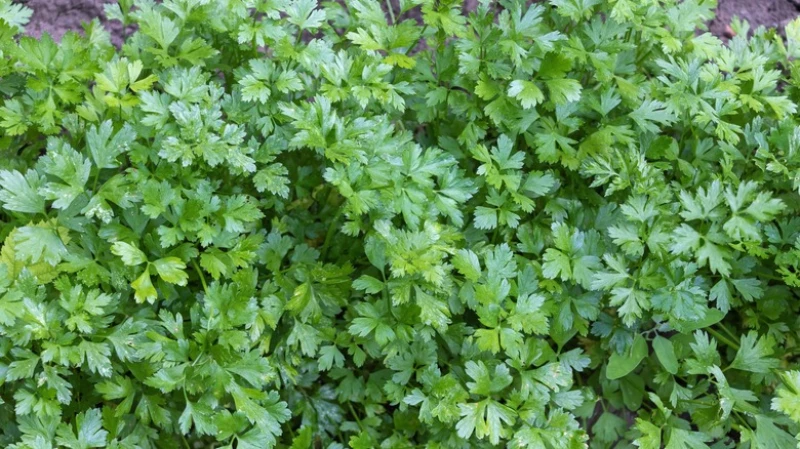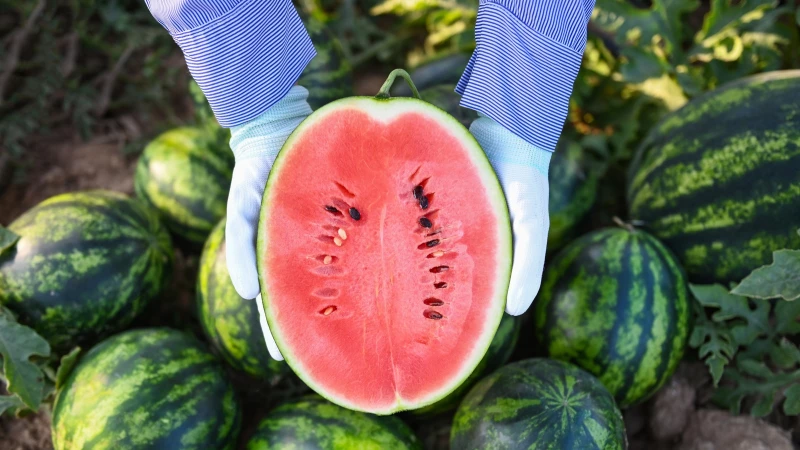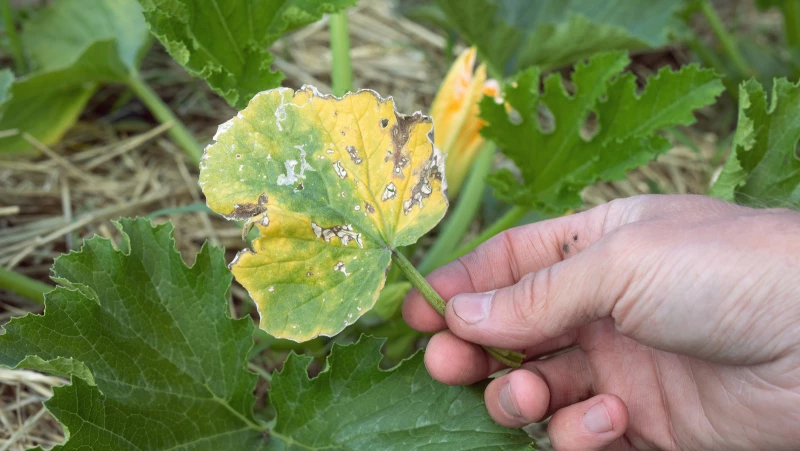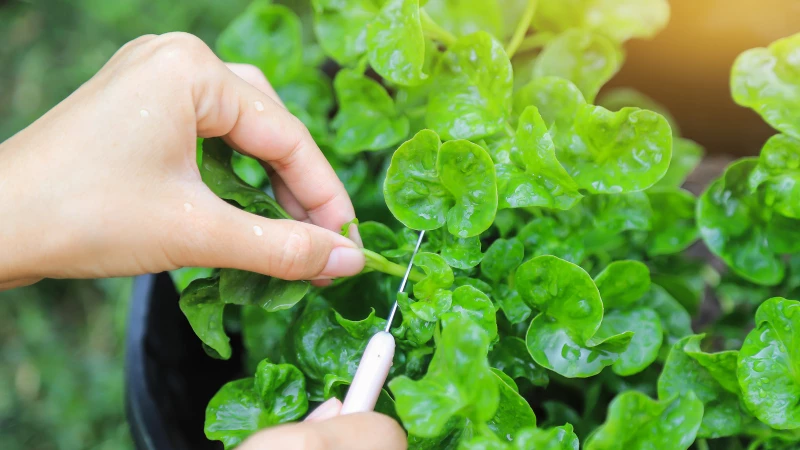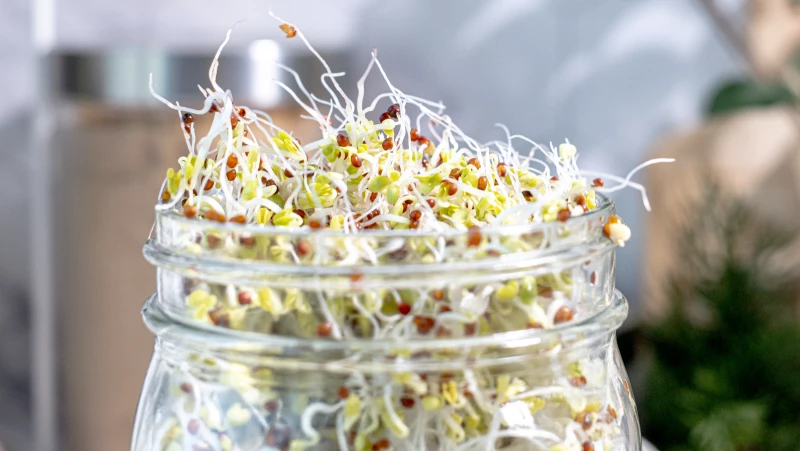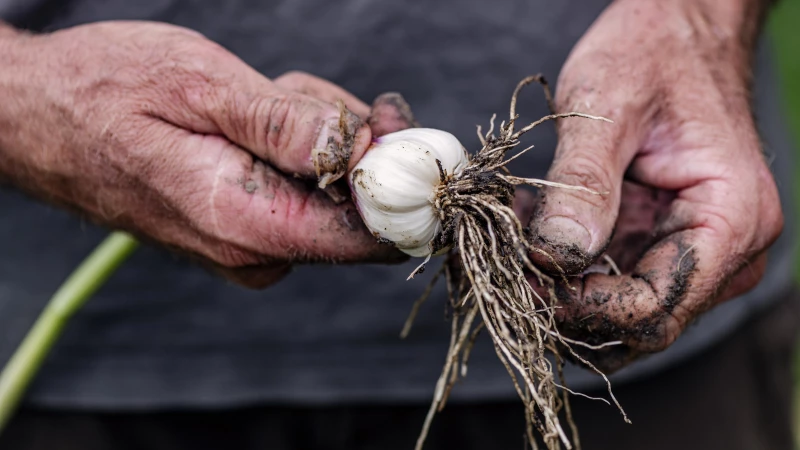Container Gardening: A Budget-Friendly Way to Grow Mediterranean Herbs
Transforming your space into a mini herb garden is simpler than you think. By utilizing containers, you can cultivate culinary herbs without breaking the bank or needing a large amount of soil. All you need is some sunlight, upcycled pots, soil, and seeds to get started. Herbs like basil, oregano, parsley, and tarragon, commonly found in Mediterranean cuisine, not only add vibrant colors but also delightful scents and flavors to various dishes. Opting for container gardening is a cost-effective and convenient method to have a variety of these herbs at your fingertips.
These herbs thrive in full sun with well-drained, sandy, and loamy soil, along with regular watering. Mixing organic potting soil with a bit of garden sand in each pot can create an ideal growing environment. Terra cotta pots are a popular choice due to their moisture retention properties and can often be found at affordable prices in yard sales. Herbs germinate quickly from seeds and can be planted every two weeks to ensure continuous growth throughout the season. Other container options include ceramic, plaster, metal pots, or wooden boxes with drainage holes. For indoor herb gardening, place the containers near a sunny window to promote healthy growth.
When it comes to planting annual herbs, timing is key. Wait until after the last hard frost date before planting herbs grown from seed. If you're using seeds or plant starts, consider planting different herbs together in one container, especially if you have large pots or window boxes. An interesting fact about herbs is that they contain volatile essential oils that not only give them pleasant fragrances but also act as natural insect repellents. Placing herb containers near seating areas can help keep pesky flies and mosquitoes at bay.
Basil
Basil is a versatile herb with a sharp, intoxicating fragrance and a strong flavor. In Italian folklore, basil is associated with virility and vitality. There are various basil varieties to choose from, such as Genovese, large leaf Italian basil, Thai basil, purple basil, lime basil, and cinnamon basil. Basil thrives in full sun and requires sufficient water and warm temperatures for germination. Remember to trim off the small flowers to encourage leaf growth.
Parsley
Parsley, an aromatic herb often used as a garnish, offers a mild flavor and is rich in vitamins and minerals. It can be used fresh in salads or cooked in various dishes like soups, pasta, and sauces. Popular parsley varieties include flat-leaf and curly-leaf types, such as Italian flat-leaf, Gigante Catalogno, Titan flat-leaf, forest green, extra-curled dwarf, and Pagoda curly parsley. Ensure the soil around parsley remains moist but not overly wet for optimal growth.
Thyme
Chives are a versatile herb that adds a mild onion flavor to dishes. They are a perennial plant that is cold hardy and easy to grow. Chives produce beautiful purple flowers that are not only attractive but also edible. These flowers are known to attract pollinators to the garden. Chives prefer well-drained soil and plenty of sunlight. They can be grown in containers or directly in the ground and are a great addition to herb gardens or vegetable patches. Regular harvesting of chives encourages new growth and ensures a fresh supply for culinary use.
Chives are an easy-to-grow perennial herb closely related to onions and garlic. They can be planted from seed, or propagated by dividing large clumps that have formed tiny bulbs beneath the soil. Chives have a mild flavor that combines tastes of both garlic and onion, and they're a favorite herb for savory dips and sauces. Their attractive spiky purple flowers attract pollinators, while at the same time, the plant's pungent scent repels other insects. These cold-hardy perennials grow fine in containers with good drainage and with protection from freezing with mulch or fabric.
Savory, also known as summer savory, is an annual herb with a somewhat sweet, delicate flavor. Its perennial version, winter savory, is slightly bitter and summer savory is often preferred for its milder taste. Savory is one of the main herbs used to make the famous French seasoning known as herbes de Provence. This herb grows easily from seed and its upright stems, covered in small spiky leaves, can grow up to 2 feet tall. Plant the seeds in loose, loamy, well-drained soil in a container after the last hard frost, and give them plenty of sun.

